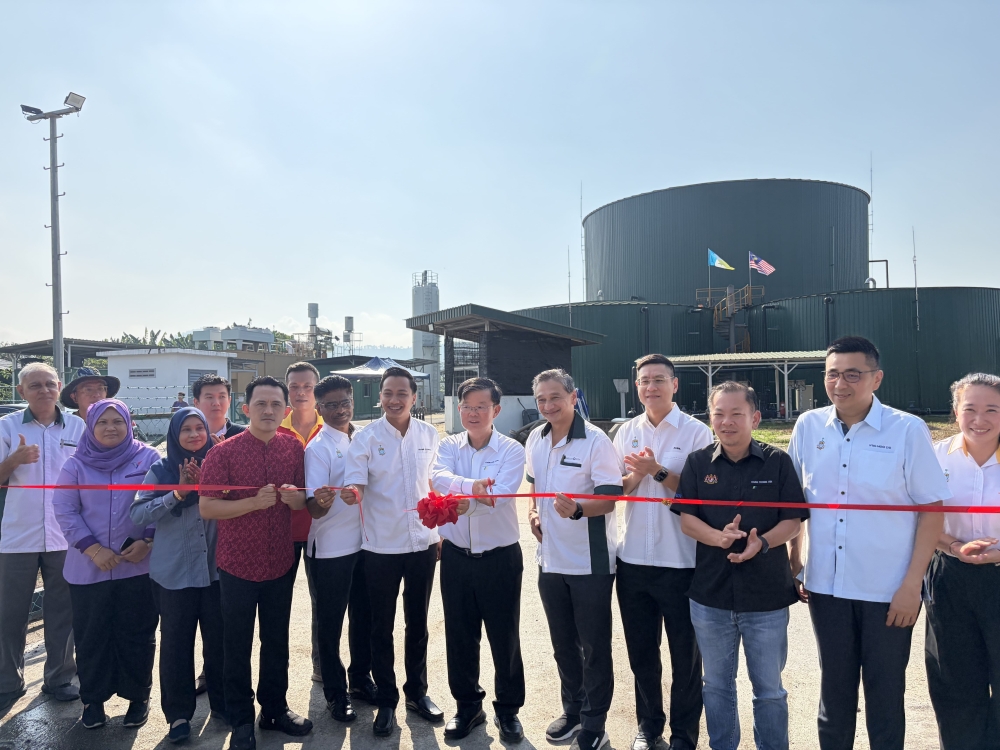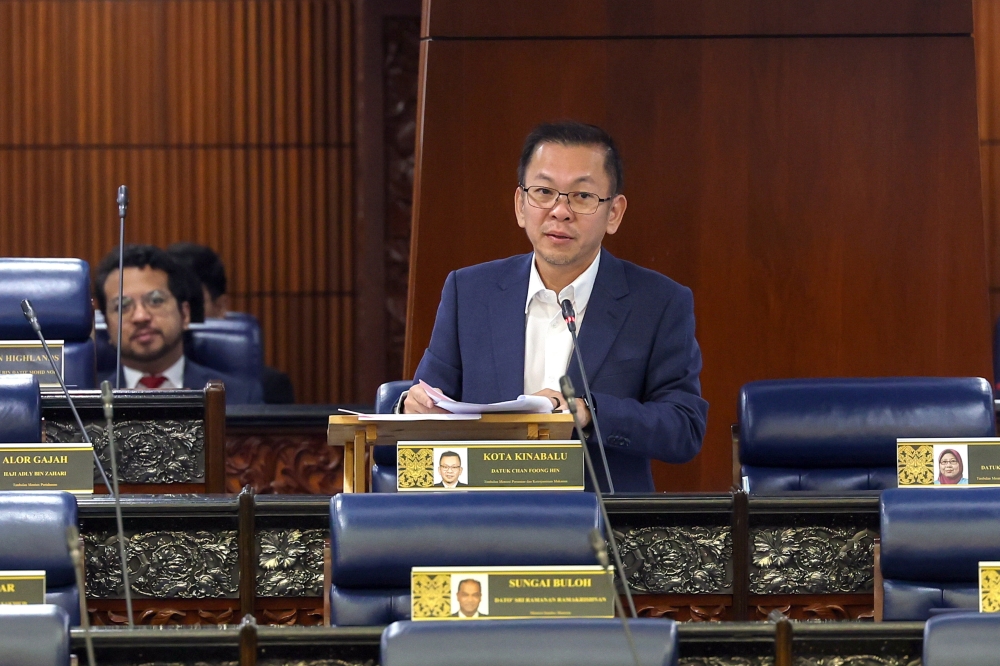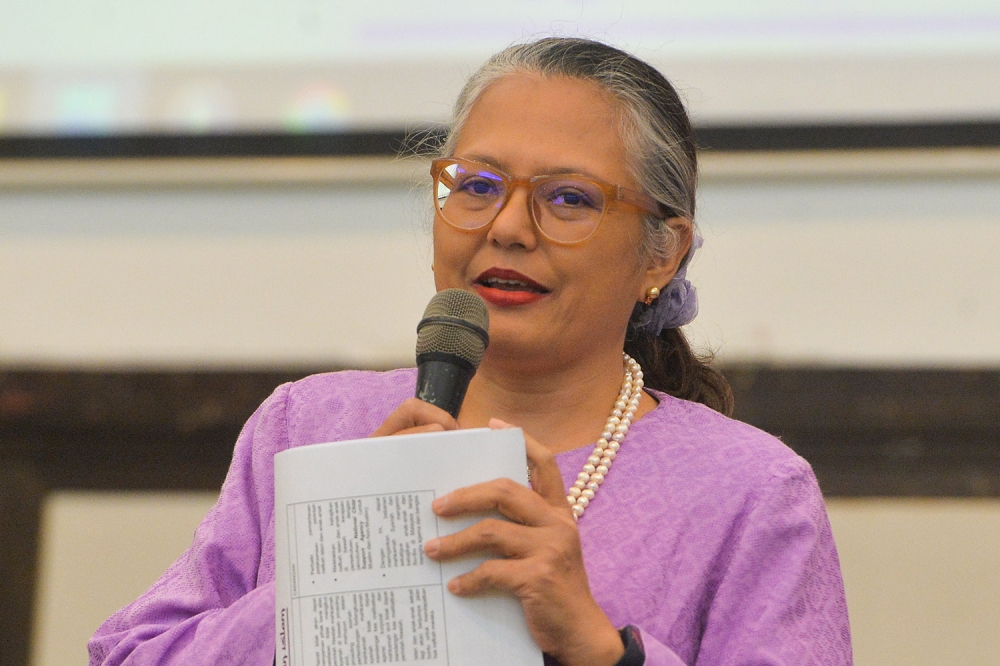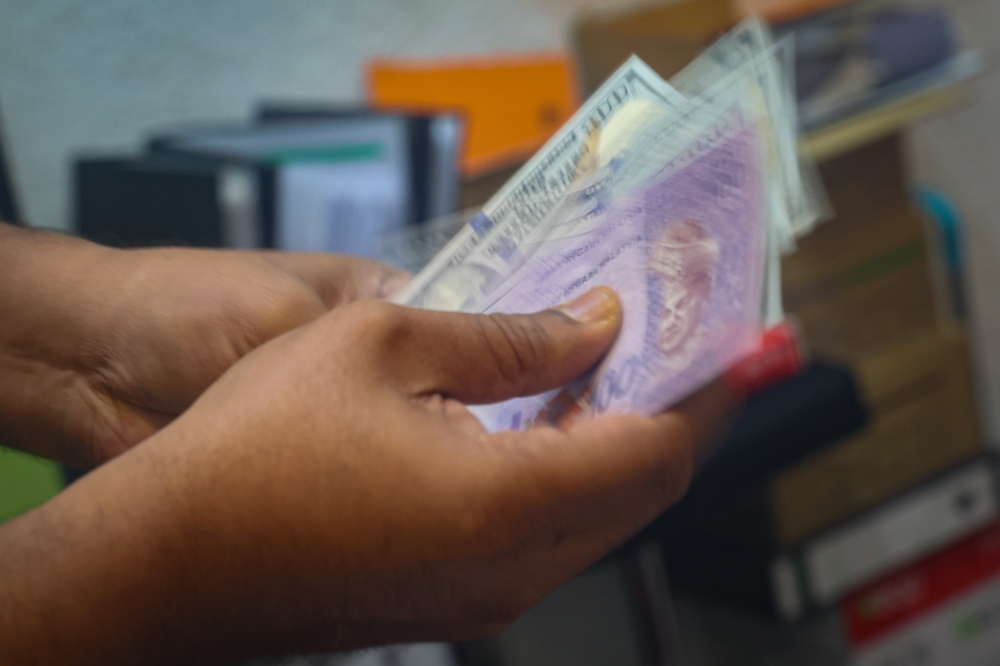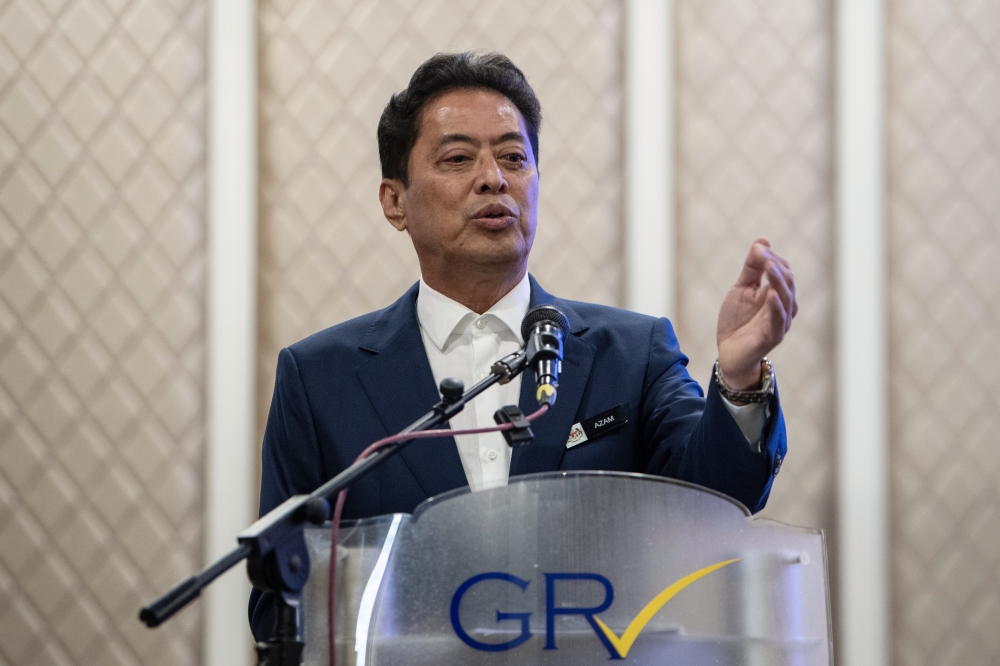KUALA LUMPUR, July 24 — Muslim parents in Malaysia were more concerned about their child being abducted and taken away by the other parent in 2021 and 2022 compared to previous years, the latest data from Sisters in Islam (SIS) shows.
In its 2022 report on its free legal advice service Telenisa on Islamic family law, SIS said Muslim parents who looked for help on child custody issues usually mention custody disputes in court, visitation rights and child abduction.
But of the parents facing child custody issues, SIS noted that the percentage who mentioned custody disputes drastically went down from 52 per cent in 2020 to just one per cent in 2021 and zero per cent in 2022.
Instead, the percentage of parents who mentioned child abduction issues shot up from nine per cent in 2020 to 29 per cent (2021) and to 24 per cent (2022).
Even in previous years, lower percentage of child abduction issues were also recorded at 14.7 per cent (2017), 11 per cent (2018), and 10 per cent (2019), Telenisa’s records show.
This means concerns about child abduction in 2021 and 2022 is the highest-ever in these six years.
Based on the data for the years 2020 to 2022, SIS executive director Rozana Isa said parents “are risking to take a more desperate approach, eventually engaging in the violation of rights and laws”.
“The authorities should manage such phenomenon equipped with more awareness and wisdom about why parents make such decisions. There is a need to identify the most suitable actions to ensure the welfare of the child is protected. It is always the welfare and the rights of the child that will be affected in the long run,” she said in the Telenisa Statistics and Findings 2022 report released on June 22.
What is child abduction and why do parents do it?
In Telenisa’s 2022 report, it described child abduction as removing a child with the intention to separate them from either the mother or father who has custody of the child.
Telenisa said there has been an increasing phenomenon of parents abducting their own children into another country.
Apart from the risk of parents abducting their own child increasing when there is a custody dispute, SIS said the other possible contributing factors are: domestic violence; a parent’s dissatisfaction with the court’s decision on child custody; the other parent threatens to run away with the child; the ensuing response due to threats by the other parent; or the other country’s custody order that is inconclusive.
SIS said the parent who has custody of the child should make a police report as soon as possible, if there is a possibility that the other parent had abducted the child.
“The police will try to find and save the child, including apprehending the abductor,” it said in its 2022 report.
In previous Telenisa reports, the change in annual trends on parents’ top concerns on child custody issues could be caused by various factors, such as more child custody disputes in 2020 as the ban on interstate travel during the Covid-19 pandemic had prevented the parent with visitation rights from visiting their children and also the other parent’s reluctance to allow visits due to the risk of Covid-19 infections.
As for the worrying spike of child abduction issues from nine per cent in 2020 to 29 per cent in 2021, SIS had previously said that “many parents are desperate for immediate action when it comes to their children” due to the financial burden and time constraints to take custody disputes to court.
“They often take matters into their own hands by resorting to abducting their own child and separating them completely from the other parent. Desperation like this affects visitation by cutting off communication between the child and the opposing parent,” SIS had said in its 2021 Telenisa report, adding that such behaviour severely affects the child’s upbringing and emotional growth.
“Shared parenting should be learned and understood by both parents to avoid children becoming victims of adults’ unresolved issues,” SIS had said.
In its 2017 and 2018 Telenisa reports, SIS observed that custody disputes “brings out the worse” in some parents who end up abducting the child from the parent who has custody, adding that they either abduct the children when they are at school or do not send the children back home to the custodians after their time with the children.
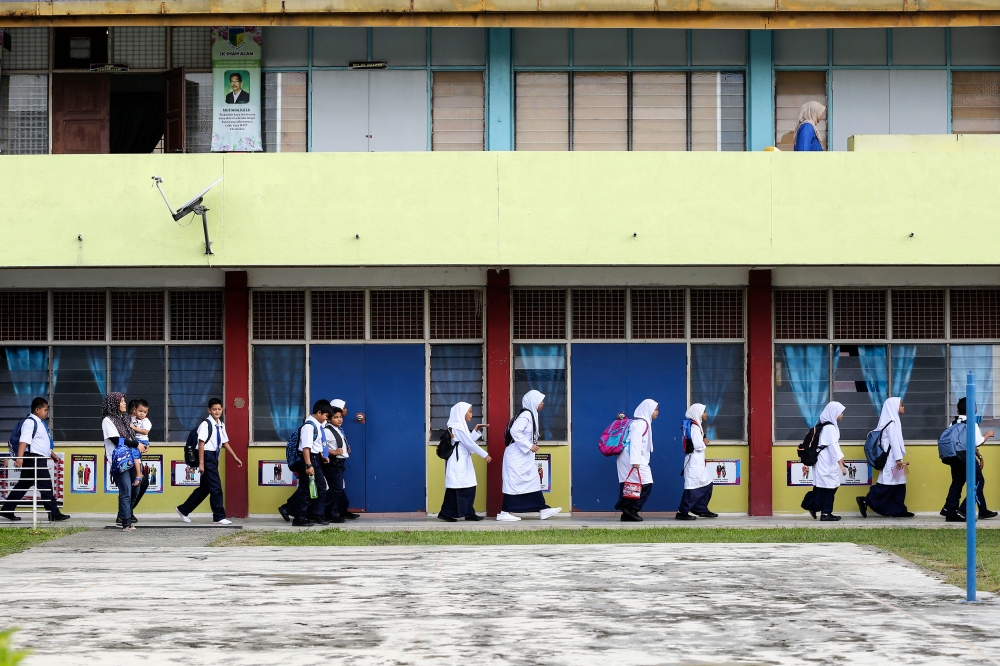
How will the abducted child be affected?
In the 2022 report, SIS said child abduction will affect not only the parent who is suddenly left behind, but will mostly affect the child who was taken away from their home and forced to severe contact with their family and friends.
It said children abducted by their own parents would be like a “refugee” and may not receive proper education due to the need to be in hiding, and are also more likely to encounter economic, social, political and legal hardships.
SIS said abducted children are “forced into a new life in a new environment, especially when they are taken away to a foreign country with its own challenges of cultural, religious and language barriers. This hardship may deeply traumatise the child”.
“The abducted children may suffer major psychological problems that are otherwise minimal if they are left to stay with the stable parent. This act of desperation only brings more harm than good to the child,” it said, adding that separation anxiety and being disconnected from the other parent may leave a stain in that child’s life.
SIS said legal action should be taken on cases of parental child abduction, especially those that involve taking the child out of Malaysia.
Since 2003, SIS has been providing free legal advice through Telenisa to Muslim women and men on their legal rights under Islamic family law and laws on Shariah offences. Such Islamic family law matters include divorce, polygamy, maintenance of wife and children, matrimonial property and child custody.
Telenisa can be reached at 012-812 3424 from Monday to Friday from 10am to 5pm via phone calls, video calls and WhatsApp, with face-to-face consultations available by making appointments.
Over the years, Malaysia has seen several high-profile cases of parents abducting and absconding children from their estranged spouse when the marriage breaks down and after one of the spouse converts to Islam, including Ipoh-based Hindu mother M. Indira Gandhi whose daughter was taken away in 2009 by her Muslim convert husband; Hindu mother S. Deepa whose son was snatched away in 2014 by her Muslim convert ex-husband two days after she won legal custody of her two children in a Seremban civil court; and Hindu mother Loh Siew Hong whose Muslim convert ex-husband took off in 2019 with her three children and left her separated from them for years before she reunited with them in 2022.
Indira is still hoping to be reunited with her daughter who is believed to have been taken out of Malaysia by the ex-husband, while the Federal Court in 2016 decided to split custody of the two children between Deepa and her ex-husband while both of them later agreed to allow access to both the children in regular joint meetings.
A Malaysian non-Muslim mother, identified only as W, was able to reunite in September 2022 with her four children which her Malaysian and Muslim convert ex-husband had secretly taken away to Indonesia in 2019. W’s four-year forcible separation from her children was despite court orders which gave her full custody over the children and which stopped the father from taking the children out of Malaysia, with the ex-husband having slipped across the border to Thailand before going to Indonesia.
Thai national Anna Leelertwongpakdee recently also expressed concern over how her estranged husband managed to allegedly smuggle their four-year-old daughter across the national borders of Thailand into Malaysia without proper documentation. She claimed that the child was abducted after the ex-husband did not return the toddler to her after the end of his two-day visitation period in April.






